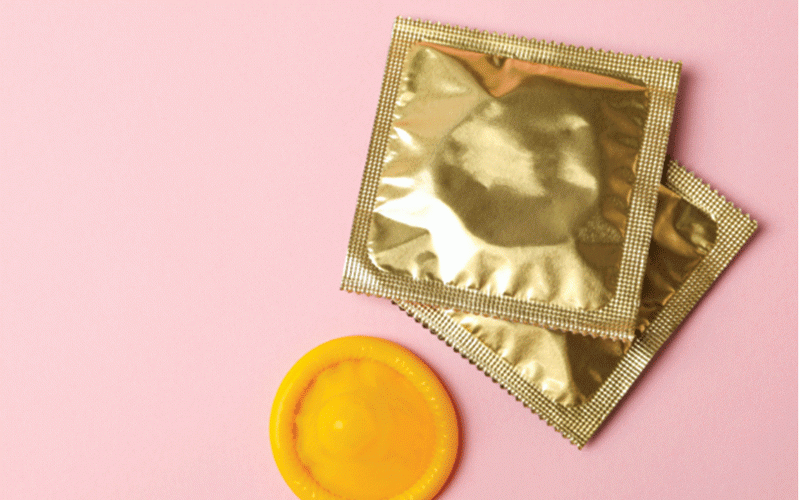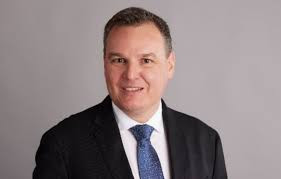
DONORS have reportedly started scaling down support to HIV response measures amid calls for Zimbabweans to consider budgeting for condoms which might not be given for free in the near future.
This was revealed by National Aids Council (NAC) representative Abraham Ncube during the Zimbabwe Diamond and Allied Minerals Workers Union's Gwanda regional meeting held recently.
He said 3% was being deducted from workers' salaries as Aids Levy with 50% of the deductions going towards the procurement of anti-retrovirals (ARVs).
“This is not enough and it is being supplemented by donors who then come in such as Global Fund and other international donors who come with other funds to procure ARVs as well as some prevention commodities like condoms," Ncube said.
“Maybe we need to be aware that donors are now scaling down in general in terms of supporting the HIV response. Meaning to say where we thought we were entitled to free condoms, maybe it's about time we should start thinking of having a condom budget as responsible people.
“That if you are a man and say at my home there are no condoms, well that is food for thought. We need to come out of that dependence syndrome and think in terms of us being independent.”
Ncube said part of the Aids Levy was used to acquire ARVs while the remainder was used for other response programmes such as prevention activities.
“I am sure you have met NAC people teaching about HIV and I know that other mines have peer Aids education programmes where they are working with NAC to educate workers on HIV,” he said.
- Zim wins bid to host ICASA 2023
- An extraordinary tale of perseverance
- Poverty drives Epworth women into sex work
- NAC urged to tame new HIV infections
Keep Reading
Meanwhile, Doctors Without Borders/Médecins Sans Frontières representative Munyaradzi Sidakwa told the mine workers that it was important for everyone to think about their health.
"It is important that all of us take seriously issues of our health. The rest of us will come to you to make sure that we provide the services but it is you who is the owner of the body who needs to take the first step to ensure that you are healthy,” he said."
Sidakwa lamented the abuse of substances and alcohol by miners especially those in the informal sector.
“One thing that will be noted is that there is a lot of alcohol, substance use, sexually transmitted infections and HIV. Those health risks are quite higher in the mining sector as compared to the other people. Therefore I urge you to play your part and we play our part as stakeholders to ensure that we are all healthy,” he said.










